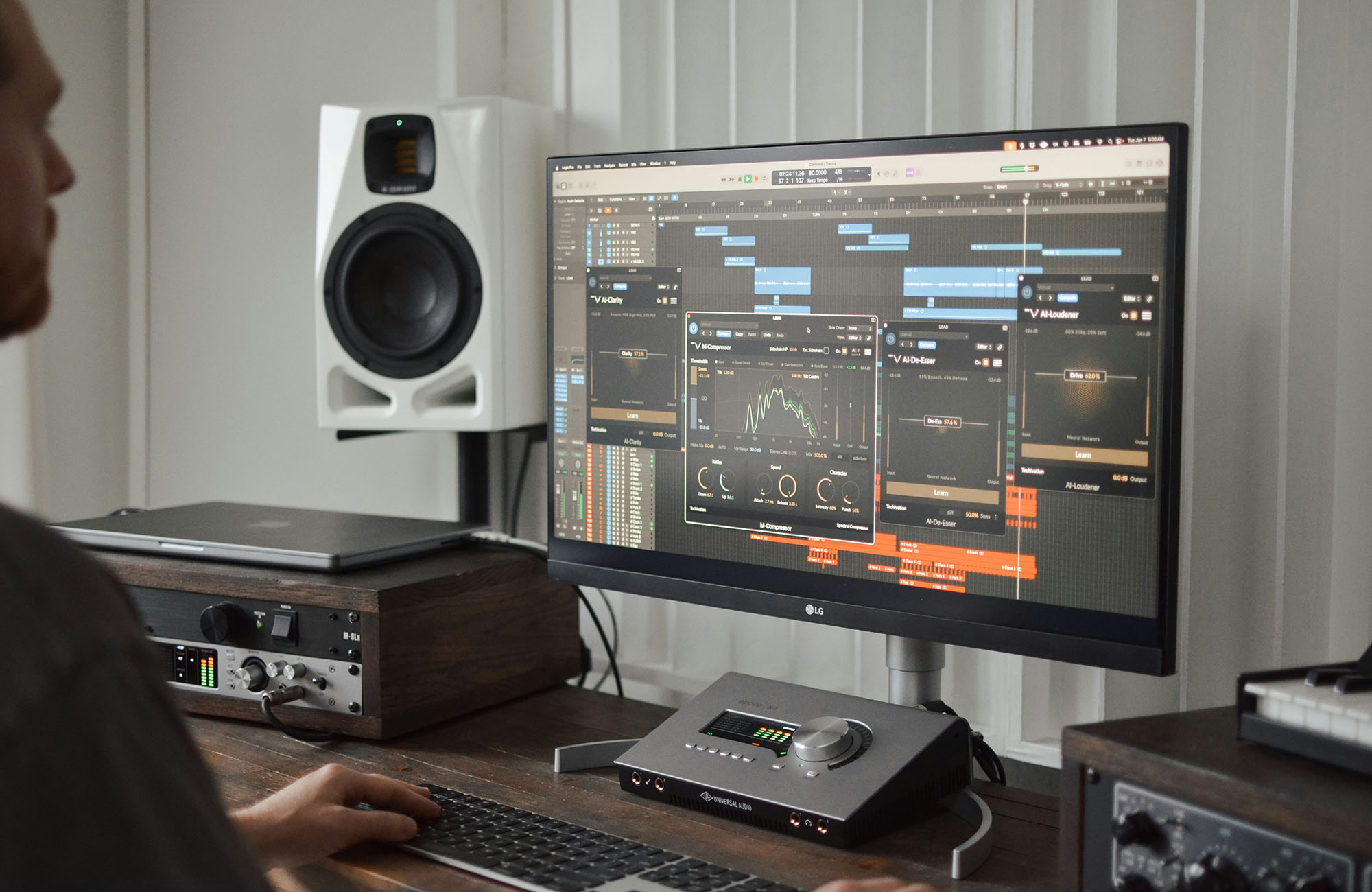
The Role of AI in Music: How It’s Changing Beat Production
Artificial intelligence is no longer just a futuristic concept — it’s already reshaping how music is made, especially in beat production. From creating melodies to mastering full tracks, AI is redefining how producers work and how artists connect with their sound. For producers selling beats on platforms like tellingbeatzz.com, understanding this shift is essential. AI is not replacing creativity — it’s becoming a powerful partner in it.
AI as a Creative Assistant: New Ways to Generate Ideas
We all know that creative blocks happen. Sometimes you open your DAW and just can’t find that spark. AI tools can now help break that wall by generating melodies, chord progressions, or even entire instrumental sketches from simple text prompts. Platforms like Suno AI or Udio allow you to generate ideas in seconds — not to finish your beat for you, but to inspire your next move.
Instead of starting from a blank canvas, you can use AI to lay a foundation that you later refine and shape into your unique sound. This not only speeds up workflow but also opens new creative directions that you might not have discovered on your own.
Sample Discovery and Sound Design: AI Does the Searching, You Add the Soul
AI is also revolutionizing the way producers find sounds and design instruments. Tools like the WAVS AI Sample Finder can analyze a clip you upload and instantly suggest similar loops or samples from massive libraries. Other AI-driven plugins can auto-generate harmonies, adjust timbre, or even suggest EQ and mixing settings based on your project.
For beatmakers, this means spending less time digging through endless folders — and more time crafting the actual vibe. But remember: AI provides the palette, not the painting. It’s still up to you to shape it into something emotionally powerful.
Mixing, Mastering, and Workflow Automation
Mixing and mastering once required hours of precise tweaking — now, AI can handle many technical tasks in minutes. Services like LANDR or AI-powered plugins can automatically balance frequencies, adjust dynamics, and even simulate analog warmth.
This doesn’t mean the human touch is obsolete. It means you can focus more on creativity, arrangement, and feel, while the machine handles the repetitive fine-tuning. Consistency is another plus: your beats can maintain a professional sound across your catalog, giving you a competitive edge in the crowded beat marketplace.
Ethics, Originality, and the Human Touch
Of course, the rise of AI in music brings both creative and ethical questions. AI-generated music can sound clean and perfect — but sometimes lacks the emotional imperfection that makes art human. The danger is relying too heavily on algorithms and losing the authentic energy that connects with listeners.
There’s also the issue of rights and originality. Who owns a melody created by AI? Can you sell a beat that’s partially machine-generated? The laws are still catching up, and as a producer, it’s important to stay aware. Transparency and originality will always win in the long run.
How to Use AI Without Losing Yourself
Here’s how you can integrate AI tools effectively while keeping your unique sound intact:
Use AI as a starting point, not an endpoint. Let it spark ideas, not finish your beats.
Keep your human feel — swing, timing imperfections, and subtle dynamics make your rhythm real.
Document your process if you use AI elements, especially when selling beats, to stay legally safe.
Always inject your personality — your ear, your taste, your story — into the final mix.
In other words: let AI handle the technical work, but never outsource your soul.
AI Tools Worth Trying in 2025
Here are some of the most interesting AI tools shaping modern beat production:
-
Suno AI – Generate musical ideas and instrumentals from text prompts.
-
Udio – Create songs and melodies with style-specific control.
-
LANDR – AI mixing and mastering for fast, consistent results.
-
WAVS AI Sample Finder – Discover samples that match your sound instantly.
-
Unison AI Plugins – Intelligent sound-design tools that adapt to your style.
These tools can accelerate your workflow and expand your sound palette — if you use them thoughtfully.
What’s Next for AI in Beat Production
The future of AI music production goes beyond generating loops. Soon, we’ll see tools that learn your creative habits — suggesting melodies, sounds, and even mix decisions based on your previous projects. Imagine a personalized AI collaborator that understands your style and workflow.
Platforms are already exploring AI that can match beats to an artist’s vocal tone, mood, or lyrical content. As this technology evolves, beat stores like Tellingbeatzz.com could offer “AI-matched” beat recommendations, helping artists instantly find instrumentals that fit their vibe.
Final Thoughts
AI in music isn’t about replacing the producer — it’s about empowering them. It offers speed, efficiency, and endless inspiration. But technology alone doesn’t make hits. Emotion, taste, and authenticity still define what resonates.
If you embrace AI as a creative ally instead of a shortcut, it can elevate your production game — helping you make better beats, faster, while keeping your artistic integrity intact.
The future of beat production is human and machine — working together in perfect rhythm.


No Comments